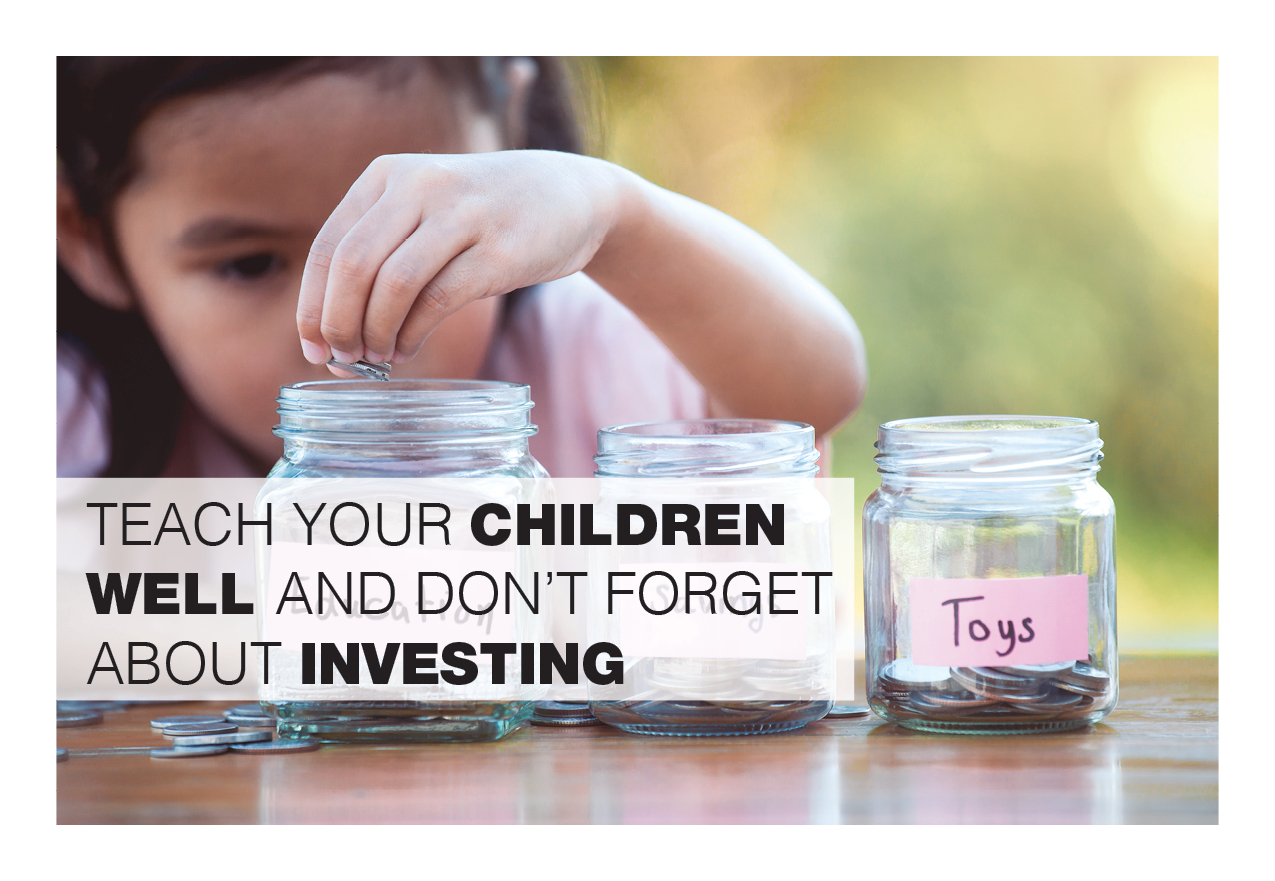It’s surprising how many children in affluent families don’t understand the basics of finance, let alone the principles that drive long-term investing. Without suitable education and hands-on experience in money management, these Gen Zers and Millennials could dissipate family
fortunes or fall victim to financial frauds.
Therefore, parents (or grandparents) should start at an early age to teach their children about how to handle money, and avoid a sense of entitlement from enjoying all the perks of a wealthy lifestyle.
A good starting point is introducing your kids to the various kinds of bank accounts when they are in high school or starting college. They need to understand how a debit card linked to a checking account, and when to use a credit card that offers extended payment terms at a high interest rate. You should also open a savings account so they can start a rainy day fund.
Another basic step is showing them how to prepare a monthly budget when they have left home for school or work. It’s surprising to me that many wealthy parents don’t talk about the financial facts of life, such as paying a utility bill every month.
Parents should also take the time to explain investment strategies to children who are likely to inherit significant wealth from older family members. You should also give them an opportunity to develop their financial skills before a big inheritance arrives. It’s like making sure your son or daughter completes driver training and spends some time behind the wheel before buying a new Lexus or Maserati.
Here is a practical approach that has produced good results for many young adults in affluent families. First, the parents (or grandparents) open a low-cost investment account held in trust for each child and provide funding from perhaps $10,000 to $1 million or more.
Each adult child is given the power to manage that money for a year, making his or her own investments in consultation with a mentor, who might by a family member or an independent advisor. At the end of the year, any profit on those investments can be transferred to the child’s savings account or retained in the trust for potential future appreciation. If the account loses money, the child gets another opportunity to do better next year.
When coupled with ongoing conversations about the financial markets, the principles of diversification and risk management, this strategy can help your children develop the experience and the confidence they will need one day to make investment decisions on their own. And that’s a lasting legacy to convey to your heirs.

Leave A Comment